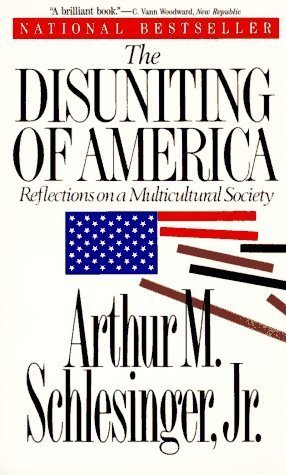
Cultural Amnesia: Necessary Memories from History and the Arts
Book Description
Memories are the lifeblood of culture, yet many are slipping through the cracks of time. In "Cultural Amnesia," Clive James embarks on a dazzling journey through history and the arts, resurrecting lost ideas and vital insights that shape our understanding of humanity. Each page crackles with passionate prose, intertwining the brilliance of diverse voices with the urgency of our collective amnesia. From iconic works to forgotten heroes, the narratives ignite a revival of engagement and critical thought. As we stand on the brink of cultural oblivion, what stories will we choose to remember, and what will that mean for our future?
Quick Book Summary
"Cultural Amnesia: Necessary Memories from History and the Arts" by Clive James is a sweeping collection of essays that resurrects the influential figures and pivotal moments shaping Western culture. Through reflective and incisive prose, James draws from centuries of history, literature, philosophy, and art to combat the fading collective memory of vital human achievements and warnings. Each essay explores the importance of memory in preserving nuances, dissent, and creativity, highlighting thinkers and artists—some famous, some nearly forgotten—whose ideas remain urgent and relevant. James interweaves biographical sketches and cultural analysis, urging readers to retain the crucial lessons of the past. The book ultimately serves as both an erudite celebration of intellectual heritage and a clarion call against the perils of cultural forgetfulness.
Summary of Key Ideas
Table of Contents
The Role of Memory in Shaping Culture
Clive James asserts that memory is the cornerstone of culture—it is through remembering that societies preserve their achievements, confront their tragedies, and avoid repeating history’s gravest errors. In an age preoccupied with the present and deluged by new information, James laments how collective attention often glosses over the invaluable lessons embodied by past thinkers, artists, and events. He frames the book as both an act of remembrance and a protest against intellectual forgetfulness, seeking to revitalize enduring ideas through vivid narrative and critical reflection.
Dissent, Freedom, and Moral Courage
The essays in "Cultural Amnesia" do not present a chronological or exhaustive history, but a mosaic of personalities whose impact has reverberated through time. Figures such as Stefan Zweig, Albert Camus, Anna Akhmatova, and others—some widely known, others unjustly neglected—are profiled not only for their works, but for their moral and intellectual resilience. James spotlights their responses to the traumas of the twentieth century, especially in the face of totalitarianism, violence, and cultural repression, emphasizing how individual courage can illuminate dark times.
Legacies of Thinkers and Artists
A unifying theme throughout is the importance of dissent and freedom of thought. James lauds individuals who spoke truth to power at immense personal risk, framing their stories as case studies in moral courage. He reflects on how open societies depend on the cultivation of independent, critical minds, and warns about the dangers posed by cultural homogenization and ideological dogmatism. Each essay is an invitation to consider not only the content of these legacies, but the necessity of nurturing environments in which such voices can arise.
Interconnectedness Across Disciplines
James also explores the interconnectedness of disciplines—how literature, philosophy, art, and politics intersect to form a rich tapestry of ideas. He interlaces the biographies of writers, musicians, philosophers, and politicians, showing that their insights often transcend the boundaries of their fields. The essays make a persuasive case for embracing complexity and cross-pollination in intellectual life, as these intersections spur creativity and sharpen perspective, fortifying culture against stagnation.
Combating Cultural Amnesia
Ultimately, James crafts "Cultural Amnesia" as both a celebration and a warning. While reveling in the brilliance of the cultural inheritance, he argues for vigilance: forgetting hard-won lessons or silencing dissent endangers the very fabric of civilization. Through eloquent storytelling and sharp analysis, James challenges readers to take up the responsibility of memory, ensuring that the vital stories, warnings, and achievements of the past remain alive to inform and inspire the future.
Download This Summary
Get a free PDF of this summary instantly — no email required.





